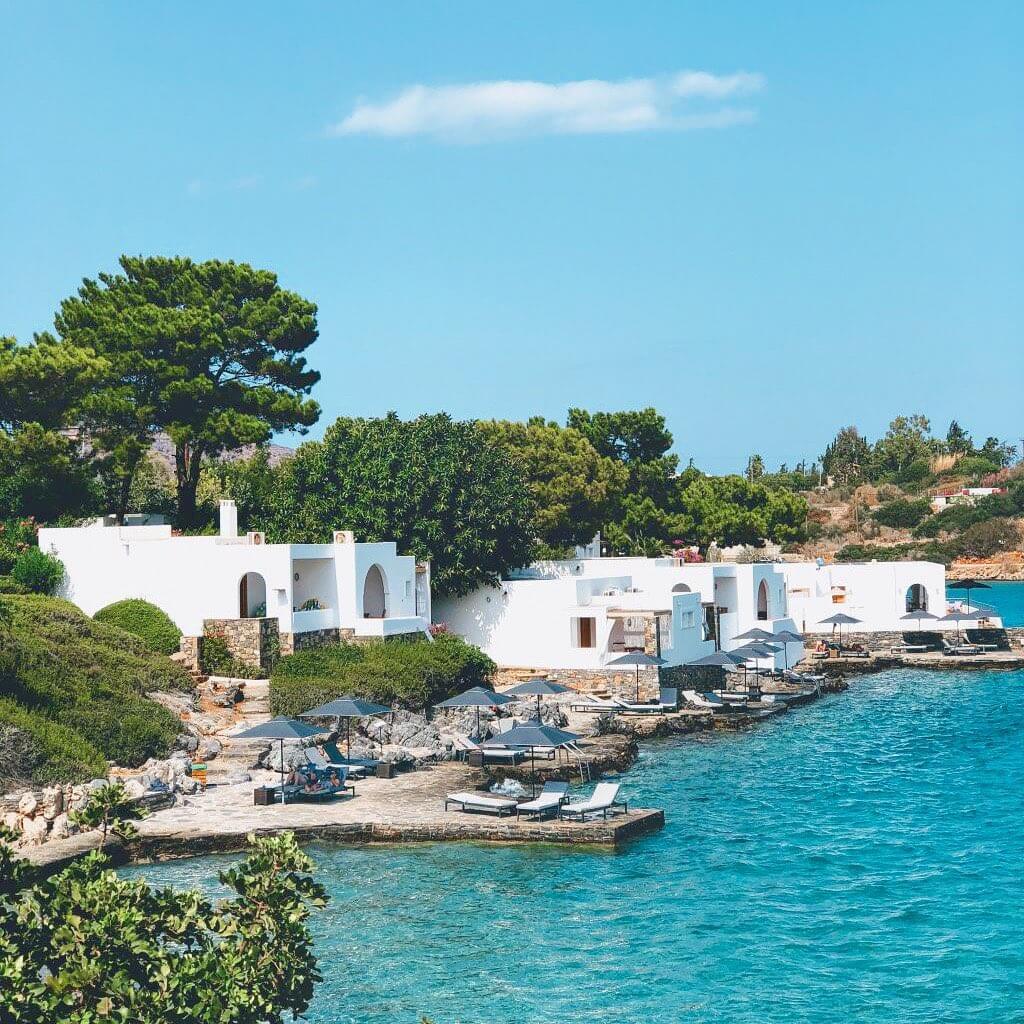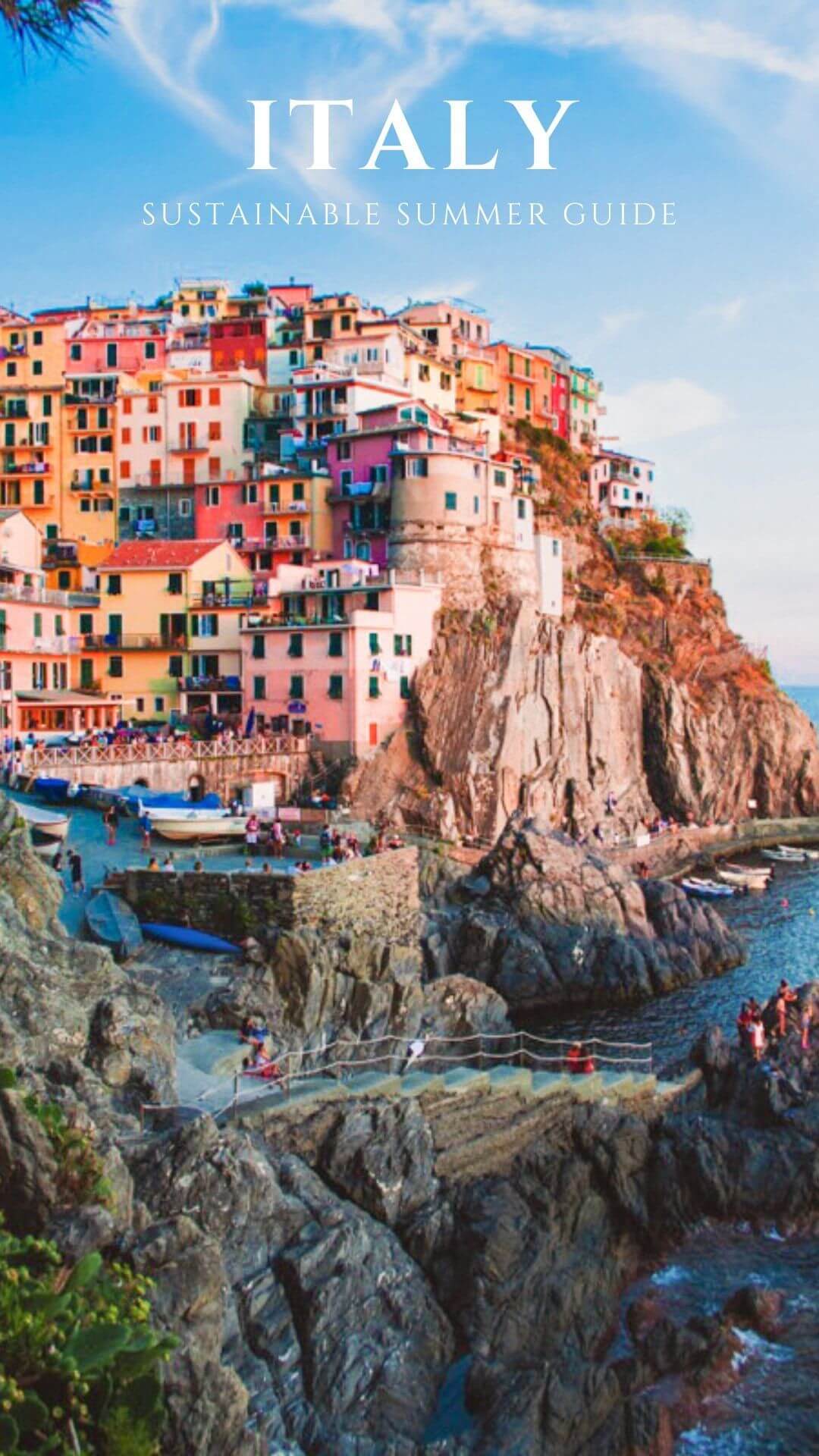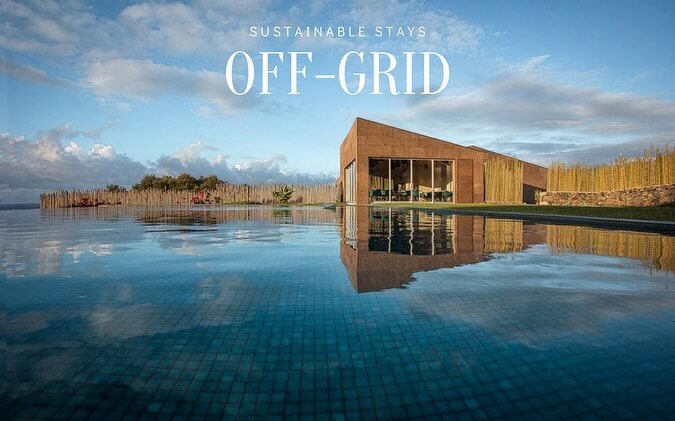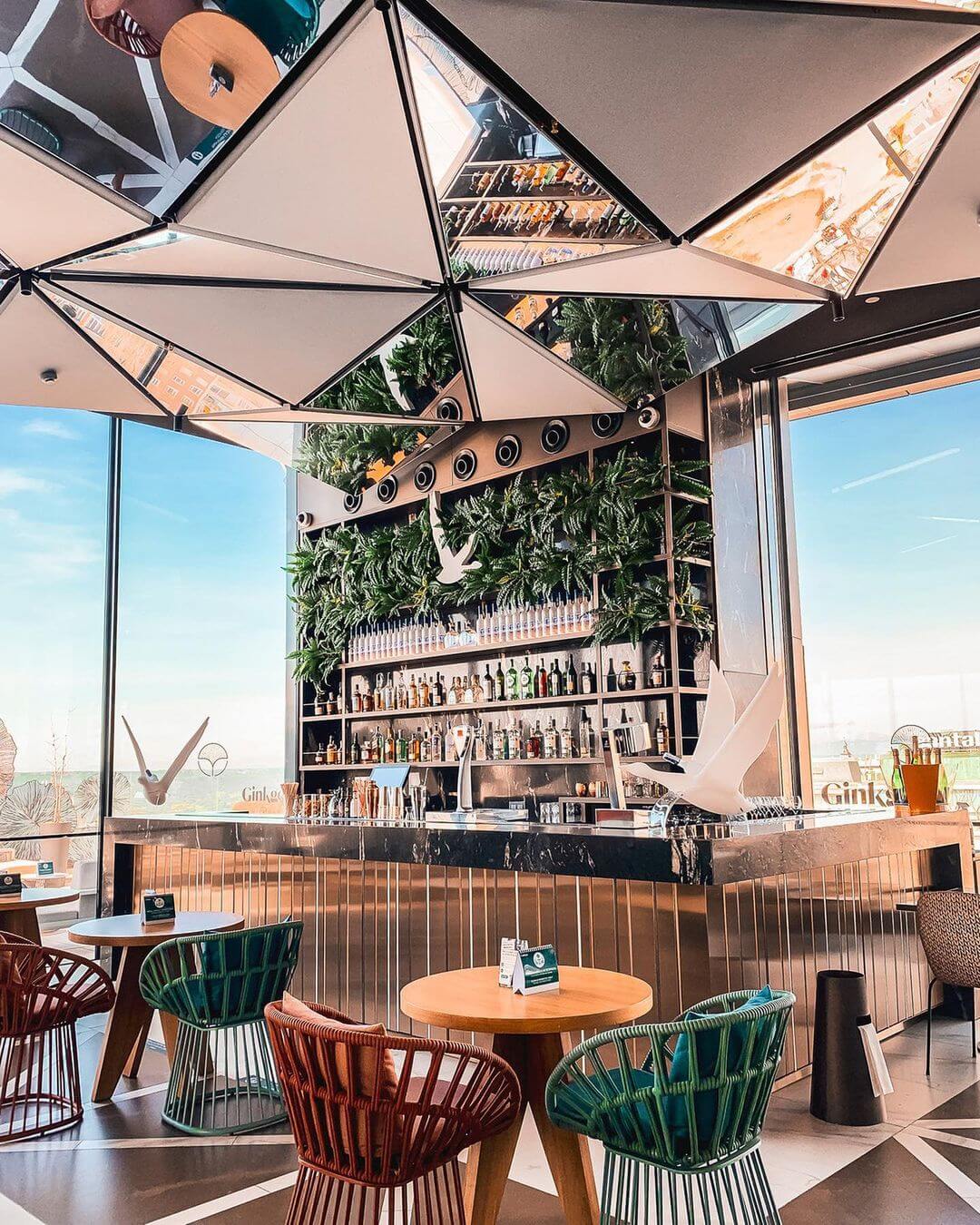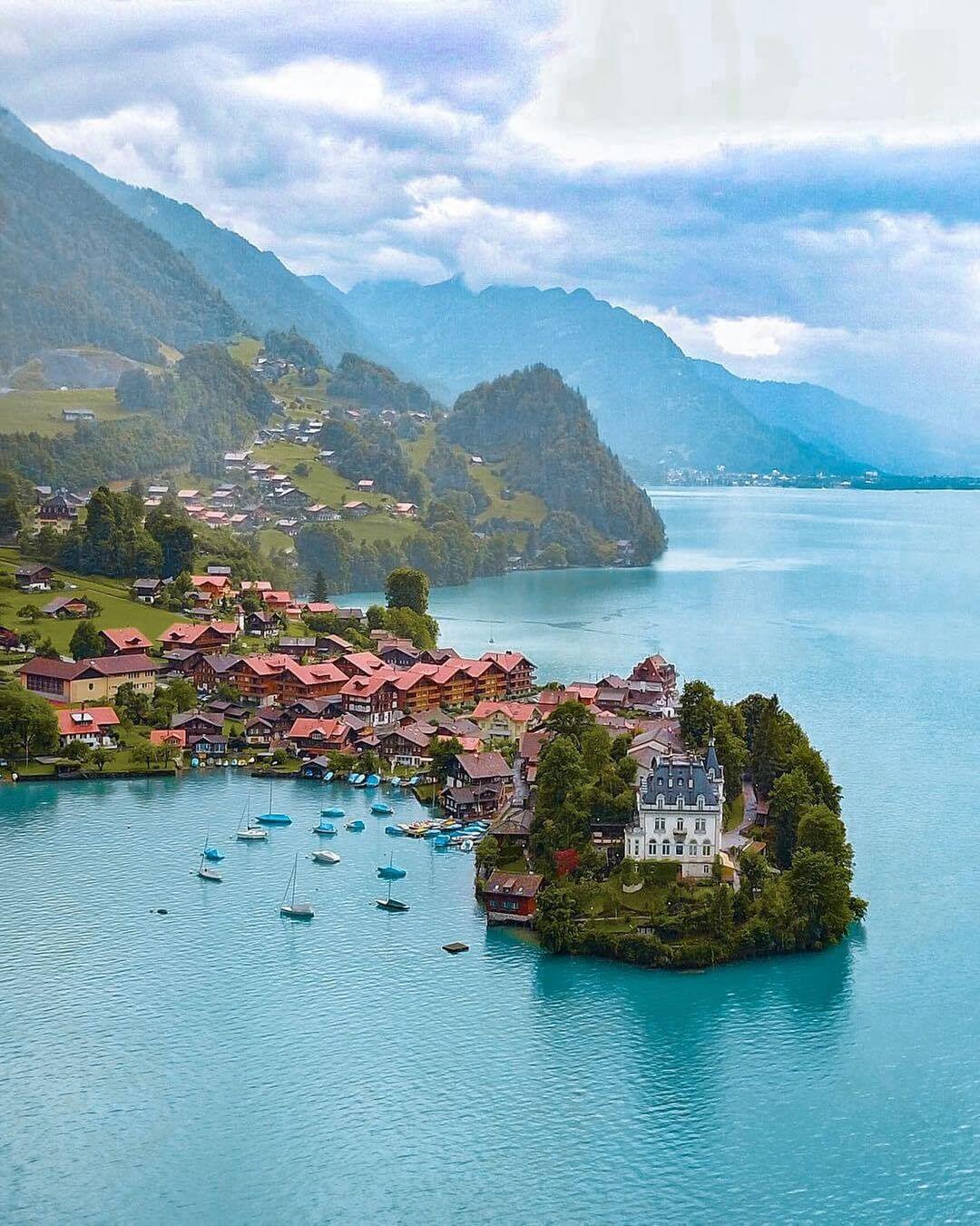Sustainable travel: just a buzzword?
In recent years, there has been a growing awareness of the impact that travel has on the environment and local communities. As a result, sustainable travel has become a buzzword, with many companies and individuals making efforts to reduce their carbon footprint and support local economies. However, a recent article by Timeout argues that sustainable travel is no longer enough and that regenerative and conscious travel is needed instead.
The positive impact of tourism
Tourism plays a crucial role in the livelihoods of billions of people worldwide. According to the World Travel & Tourism Council, the industry accounted for one in every ten jobs globally in 2019, and this figure is expected to match or even exceed pre-pandemic levels by the end of 2023.
Many of these jobs are in communities, including Indigenous ones, that have been impacted by climate change, making traditional forms of work no longer viable. Thus, the importance of tourism as a source of income cannot be overstated.
The rise of Regenerative Travel
There has been a rise in different travel movements that positively impact the planet. Responsible travel is characterized by a conscious effort to reduce the negative impact of our travel on the places we visit and the people who reside there. This means not only taking measures to minimize our environmental footprint but also supporting the local economy and communities.
Conscious travel is a mindful approach to exploring the world that prioritizes sustainability, ethical tourism, and cultural immersion. Conscious travelers seek to minimize their impact on the environment and local communities while maximizing their positive contributions. They may choose to stay in eco-friendly accommodations, support local businesses, participate in responsible tours and activities, and make efforts to learn about and respect the cultures they encounter. By embracing conscious travel, individuals can create meaningful experiences that benefit both themselves and the places they visit, while also promoting a more sustainable and responsible tourism industry.
Regenerative travel goes beyond sustainability and aims to enhance the economic, social, and environmental systems in a destination. It is an approach that sees tourism as a force for good, with the potential to contribute positively to local communities and ecosystems. It is not just about leaving a positive impact on the destination but also on the traveler. It offers an opportunity for personal growth and learning through cultural immersion, connection with nature, and a deeper understanding of our interconnectedness with the world.
It is a necessary approach to tourism as the impact of conventional travel on the environment and local communities becomes increasingly clear. The tourism industry is one of the largest contributors to greenhouse gas emissions and the degradation of natural habitats. Additionally, conventional tourism can have negative impacts on the cultures and economies of destinations, leading to over-tourism and loss of traditional practices. Regenerative travel is needed to create a more sustainable and responsible tourism industry that preserves the natural and cultural resources of destinations while supporting local communities and economies. By adopting regenerative travel practices, we can create a net positive impact on the planet and ensure that future generations can continue to experience and enjoy the wonders of travel.
Costa Rica is an excellent example of a destination where tourism has had a positive impact on the environment and local communities. It has embraced regenerative travel practices, such as eco-tourism, sustainable agriculture, and reforestation programs. Such initiatives have helped create new economic opportunities for communities, preserve natural habitats, and promote cultural heritage.
What can the consumers do?
As responsible travelers, we have a significant role to play in promoting regenerative travel practices. It is imperative that we demonstrate our support for companies that prioritize environmental sustainability, social responsibility, and economic development in the local communities they operate in. This can be achieved by making conscious decisions about where we spend our money and supporting businesses that align with our values.
One way to do this is by choosing to stay in locally owned and operated accommodations, rather than large chain hotels. This not only helps to support the local economy but also provides a more authentic travel experience. Similarly, eating at locally-owned restaurants and buying souvenirs from local artisans can also have a positive impact on the local economy.
In order to make informed decisions, we must be prepared to ask tough questions and demand transparency from travel companies.
“If they’re calling themselves ‘sustainable’ but can’t provide specific examples about how their operations are making local lives better, their strategy for circular waste disposal, or where their food comes from, chances are there are more deserving places to spend your hard-earned travel savings” – Timeout.
By voting with our wallets and supporting companies that prioritize regenerative travel, we can help drive the shift toward a more sustainable and responsible tourism industry.
At Good.travel, we understand that sustainability is just one aspect of responsible travel. We believe that we need to go beyond sustainability to make a positive impact on the world. We have created a platform that offers a curated selection of hotels that are not only sustainable but also positively impact the environment and the communities they operate in.
Browse our entire selection of sustainable hotels all around the world.
Follow us to discover more unique hotels, slow stays, LGBTQ+friendly resorts, and conscious luxury escapes.
Subscribe to our newsletter for more interesting articles about sustainable travel
About the author

Palak Bothra
Palak studied Management and Entrepreneurship then continued to get her Master's Degree in Digital Marketing. A dedicated spirit to the start-up world, Palak has 4 years of experience in organic growth strategies.


